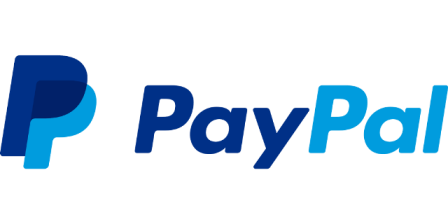Ghana is set to officially launch Elon Musk’s Starlink internet service by the end of August 2024, following approval from the National Communications Authority (NCA). This development promises to bring high-speed internet to many areas of the country, especially in underserved regions.
Starlink, operated by SpaceX, uses a network of low-Earth orbit (LEO) satellites to provide faster internet speeds compared to traditional satellites. The service is managed by SpaceX Starlink GH LTD, a branch of Musk’s SpaceX, and the network currently consists of around 5,800 satellites. These satellites allow for download speeds surpassing 100 Mbps in certain locations, positioning Starlink as a formidable competitor in the global internet market.
Key Details About Starlink in Ghana
Starlink’s entry into Ghana is seen as a significant step towards improving the nation’s internet connectivity. The service’s ability to offer high-speed internet could be particularly beneficial for rural areas with limited access to reliable internet services.
However, the cost of Starlink may pose a challenge for widespread adoption. For example, in Nigeria, the monthly subscription fee for Starlink is priced at $27, with an initial setup cost of $314. In comparison, local internet services, such as Airtel, offer data packages at a much lower cost. This pricing difference could make it difficult for many Ghanaians, especially in rural areas, to afford the service.
Implications of Starlink’s Arrival
The approval of Starlink in Ghana marks a crucial moment in the country’s digital evolution. As the service rolls out, it could drastically alter the internet landscape, particularly in underserved regions where connectivity has been a persistent issue.
Starlink’s technology has the potential to bridge the digital divide by providing high-speed internet to remote and rural communities that have long struggled with inadequate connectivity. This could open up new opportunities for education, healthcare, business, and more in these areas.
Moreover, Starlink’s arrival could stimulate competition among local internet service providers (ISPs), potentially leading to improvements in service quality and pricing. However, the high cost of Starlink may limit its impact, especially among lower-income households and small businesses.
Challenges and Considerations
While the benefits of Starlink are clear, there are several challenges to consider. The high cost of the service may limit its accessibility, particularly for those in rural areas who may not have the financial means to afford it. Additionally, the success of Starlink in Ghana will depend on how well the service can be integrated into the existing telecommunications infrastructure.
There is also the question of regulation and how the NCA will manage the introduction of this new player in the market. The presence of a foreign company offering a global service could have implications for local ISPs and the overall market dynamics.
The Future of Internet Connectivity in Ghana
As Ghana prepares for the launch of Starlink, the focus will be on how the service can be leveraged to improve internet access across the country. The potential for Starlink to enhance connectivity in rural and underserved areas is significant, but its success will largely depend on affordability and the ability to meet the needs of the local population.
In the coming months, it will be important to monitor how Starlink’s entry into the Ghanaian market affects internet accessibility and the broader telecommunications sector. If successful, Starlink could play a pivotal role in advancing Ghana’s digital economy and helping to achieve universal internet access.
Conclusion
The approval of Starlink in Ghana represents a major step forward in the country’s efforts to improve internet connectivity. While the high cost of the service may pose challenges, the potential benefits of high-speed internet in underserved areas cannot be overlooked. As operations begin by the end of August 2024, all eyes will be on how Starlink impacts Ghana’s digital landscape and the broader economy.










Leave a Comment